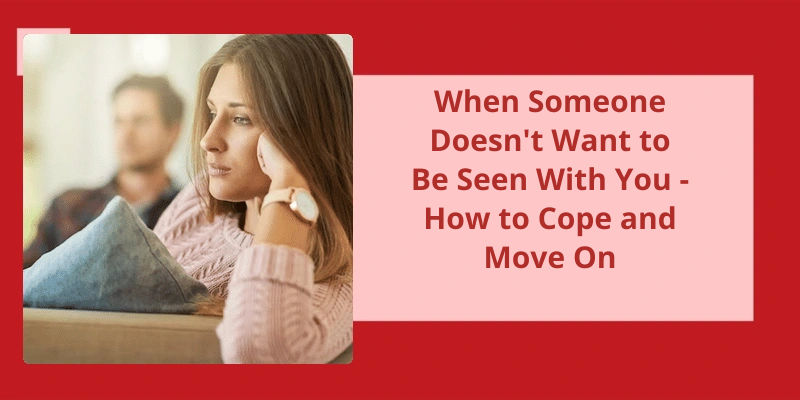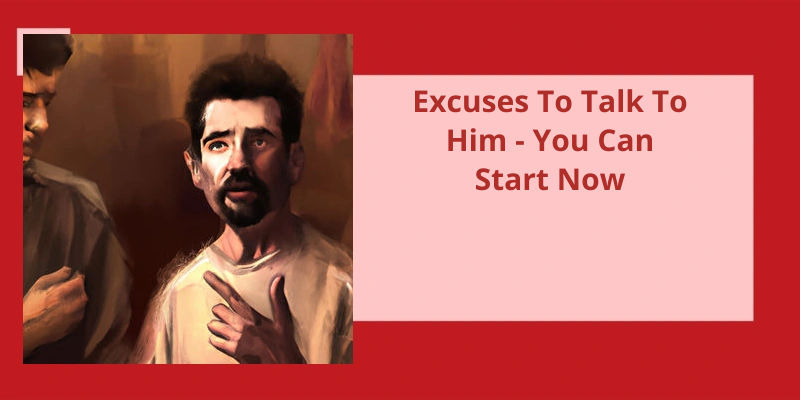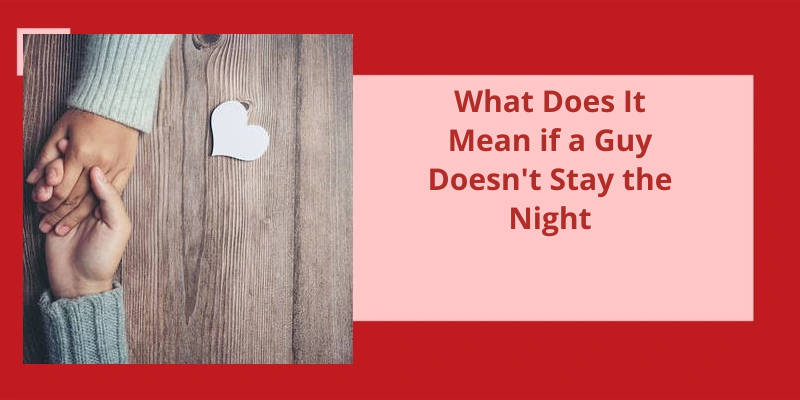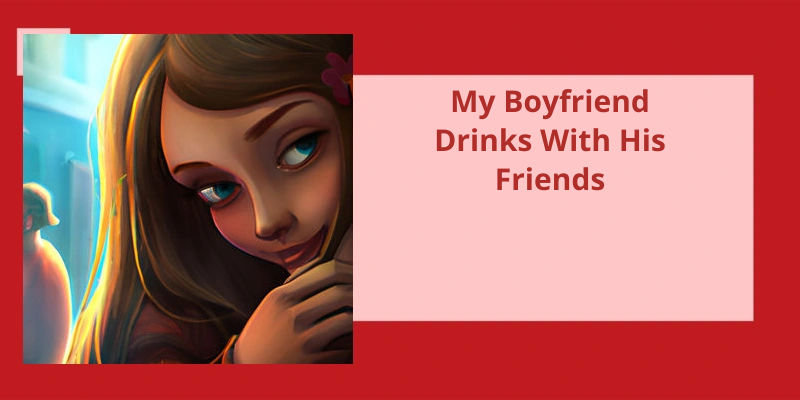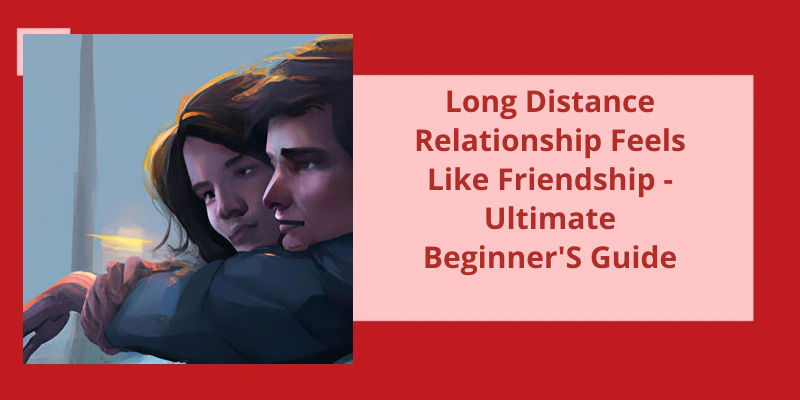What Does It Mean When You Don’t Want to Be Seen?
Not wanting to be seen can be caused by a variety of reasons. It can stem from a fear of judgment or rejection, feelings of vulnerability or shame, or a desire for privacy and anonymity.
Additionally, not wanting to be seen can manifest in different behaviors such as avoiding social situations, hiding from others, or wearing masks and disguises. These behaviors can be temporary or long-term, and can have significant impacts on an individuals daily life and relationships.
It’s important to note that not wanting to be seen isn’t necessarily a negative or unhealthy behavior. It can be a coping mechanism for dealing with difficult emotions or past traumas. However, it can also lead to feelings of isolation and loneliness if taken to an extreme.
If an individual is experiencing a strong desire to not be seen and it’s impacting their daily life, it may be beneficial for them to seek support from a therapist or mental health professional. By working through the underlying issues causing the behavior, the individual may be able to find a healthy balance between privacy and connection with others.
It can be difficult to navigate social situations when someone is intentionally avoiding being seen with you. It might be confusing or even hurtful, but it’s important to understand the possible reasons behind their behavior before jumping to conclusions. In this article, we’ll explore some of the common reasons why someone may not want to be seen with you and suggest some strategies for addressing the situation.
What Does It Mean When Someone Doesn T Want to Be Seen With You?
Alternatively, it could be that they’re simply shy or uncomfortable in social situations, and find it difficult to maintain eye contact with anyone. This may not necessarily indicate a lack of interest in you as a person, but rather a general difficulty with social interaction.
However, if someone consistently avoids being seen with you or refuses to be seen in public with you, it could be a sign that they’re ashamed or embarrassed to be associated with you. This could be for a number of reasons, such as feeling that you don’t measure up to their standards, or fearing that others will judge them for being seen with you.
In some cases, someone may not want to be seen with you because they’re worried that it might harm their reputation or social standing. They could be worried that being seen with you might make them look bad in the eyes of others, or that it might compromise their position or authority in some way.
Ultimately, if someone doesn’t want to be seen with you, it could mean that they simply don’t value your friendship or that they don’t have much respect for you as a person. It could also mean that they’re struggling with their own insecurities or social anxieties, and are finding it difficult to connect with others on a meaningful level.
Whatever the reasons behind it, being rejected in this way can be hurtful and depressing. It’s important to remember, however, that you’re valuable and worthy of love and respect, and that there are plenty of people out there who’ll appreciate you for who you are. Dont let someone elses rejection define your self-worth or limit your potential for happiness and fulfillment.
This feeling of wanting to be invisible isn’t uncommon, especially for those with social anxiety disorder. It can be a way to cope with the overwhelming fear of social interactions and the potential judgment of others. But why do some people develop this anxiety in the first place? Let’s explore the underlying causes of social anxiety disorder.
Why Do Some People Not Want to Be Seen?
There are a multitude of reasons why some people may not want to be seen. For some, it could be due to experiences in the past where they were made to feel embarrassed or ashamed. For others, it could simply be a lack of confidence or self-esteem. However, for those with social anxiety disorder (SAD), the desire to not be seen can be a symptom of their condition.
SAD is a common mental health disorder that affects millions of people worldwide. It’s characterized by intense fear or anxiety in social situations where the individual perceives that they’re being scrutinized or judged by others. This can manifest in a variety of ways, such as freezing up, sweating, shaking, or avoiding social situations altogether. For some, the desire to be invisible is a coping mechanism to avoid these feelings of anxiety.
It’s important to note that individuals with SAD aren’t alone in their desire to not be seen. Many people, even those without a diagnosed mental health condition, experience feelings of insecurity or self-doubt in social situations. The pressure to conform to societal norms or expectations can be overwhelming, causing people to retreat into themselves and avoid drawing attention to themselves.
To overcome this desire to be invisible, therapy and medication may be necessary for those with SAD. However, for those who simply struggle with feelings of self-doubt or insecurity, taking small steps to challenge themselves and confront their fears can be beneficial. This could include speaking up in a group setting, making eye contact with others, or simply acknowledging their feelings and working to build their self-esteem.
Ultimately, whether an individual desires to be seen or not is a personal choice. However, it’s important to address any underlying mental health concerns that may be contributing to this desire to hide from the world. With the right support and tools, individuals can learn to feel more comfortable in their own skin and embrace their unique qualities.
Interpersonal relationships can be tricky and often require constant communication and effort from both parties. However, if you find yourself in a situation where you feel like someone might be avoiding you or simply doesn’t want to be your friend, it can be difficult to tell for sure. In this article, we will explore 16 true signs and ways to tell if someone doesn’t want to see you or be your friend.
How Do You Know if Someone Doesn’t Want to See You?
Making and maintaining friendships can be challenging, and it can be even more challenging when you suspect that someone doesn’t want to see you or be your friend. However, it’s important to recognize when someone isn’t interested in being your friend because it can save you time, energy, and unnecessary stress in the future.
One of the most telltale signs that someone doesn’t want to see you is their lack of response. If youre always the one initiating contact and they rarely respond, it’s a clear sign that theyre not interested in communicating with you. It’s essential to pay attention to how long it takes for them to respond and the nature of their responses. If they give short answers or don’t ask follow-up questions, it’s a sign that theyre not interested in having a conversation with you.
Another sign that someone doesn’t want to see you is if they frequently cancel plans. Moreover, if they cancel plans without providing a valid reason or simply don’t respond to your messages, it’s a significant indication that theyre not interested in maintaining the friendship.
If you find that youre always the one reaching out first and making plans, it’s a sign that the other person isn’t interested in being your friend. When someone is interested in maintaining a friendship with you, theyll make an effort to communicate with you and initiate plans as well. If youre always the one making an effort to maintain contact, it’s a clear sign that theyre not interested in maintaining the friendship.
In some cases, the other person may be busy, and thats why theyre not responding or initiating plans as readily. However, if theyre always busy and never seem to have any availability, it’s a sign that theyre not interested in spending time with you. Lastly, if theyre ghosting you and not responding to your messages or calls, it’s a clear sign that theyre not interested in being your friend. In this case, it’s best to move on and focus your energy on nurturing other relationships.
Recognizing the signs that someone doesn’t want to see you or be your friend is crucial. While it may feel disappointing, it’s better to know upfront than to waste time and energy on a relationship thats not going anywhere. By paying attention to these signs and trusting your instincts, you can avoid unnecessary stress and focus your energy on building meaningful friendships with people who value your time and effort.
When it comes to ending a relationship or friendship, ghosting can be hurtful and confusing for the other person. However, many people struggle with finding the right words to say when they don’t want to see someone anymore. Fortunately, there are alternatives to ghosting that are respectful and honest. Here are 10 things you can say instead of disappearing without a word.
How Do You Respond When You Don’t Want to See Someone?
When facing a situation where you don’t want to see someone, it’s important to be honest and respectful. Ghosting, or completely cutting off contact without any explanation, isn’t a healthy or mature way of handling things. It can be hurtful and confusing for the other person involved, leaving them wondering what they did wrong or if you’re okay. Instead, it’s better to communicate openly and honestly about your feelings and intentions.
One approach is to be upfront and direct, stating that you don’t see the relationship going anywhere romantically, but would still like to remain friends. This acknowledges that you value the persons company and want to maintain a positive connection, even if it isnt as a romantic partner. It’s also a good opportunity to make it clear that you don’t want to lead them on and would rather be honest from the start.
Another option is to explain that you aren’t in a position to be in a relationship at the moment. This can mean anything from personal issues or emotional commitments to external factors like work or family obligations. By being clear about your limitations, you can set realistic expectations and avoid any misunderstandings or false hopes.
If you need space to work through your own issues, it’s okay to set that boundary and take time for yourself. Letting the other person know that you’re going through a challenging period and need to focus on your own well-being is a respectful way to put things on hold. It shows that you care about your own mental health and aren’t avoiding the situation because of them.
It’s important to be mindful of your communication tone and avoid hurting their feelings even if you don’t want to see them again. Saying things like, “It’s not you, it’s me” or “I need to be single right now” can come across as cliché and can be interpreted as a personal rejection. Instead, try to express your thoughts and feelings in a sincere, empathetic manner.
Ultimately, the key to responding when you don’t want to see someone is to communicate authentically. Honesty, transparency, and empathy can help to maintain a positive relationship and avoid any unnecessary animosity or misunderstandings. By doing so, you can honor your own needs while still treating others with kindness and respect.
How to Respond When Someone You Don’t Want to See Reaches Out to You Again
- Be polite but firm in your response
- Let the person know that you appreciate their interest but aren’t interested in seeing them
- Offer an explanation if you feel comfortable doing so, but don’t feel obligated to
- Don’t lead them on or give false hope
- Suggest that you both move on and wish them well
Source: What do you say when you don’t want to tell someone …
Conclusion
In conclusion, it can be incredibly hurtful and damaging to one's self-esteem when someone doesn't want to be seen with them. It can feel like a rejection of not just your physical presence, but your entire being. It's important to remember that this is a reflection of the other person's insecurities and issues, rather than a reflection of your own worth. No one deserves to be made to feel ashamed or invisible, and it's crucial to surround yourself with people who appreciate and value you for who you are. It can be difficult to let go of those who don't want to be seen with you, but it's ultimately necessary for your own well-being and happiness. Remember that you’re worthy of love and respect, and don't let anyone convince you otherwise.

